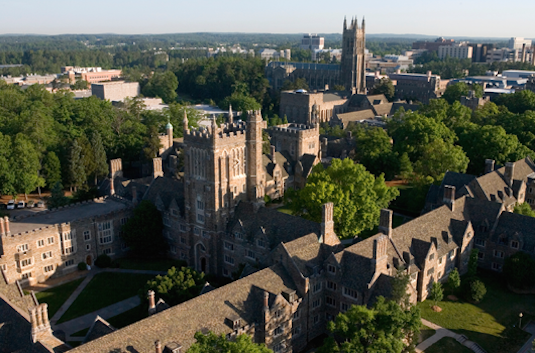Data-Aware Computational Models for Science and Engineering

In the past half-century, partial differential equation (PDE)-based computational models have emerged as indispensable for science and engineering. However, remarkable gaps still exist between state-of-the-art simulations and reality, meaning that many simulations are ineffective in supporting decision-making or design under uncertainty for complex systems (e.g., Mars landing). To bridge the gap and fulfill challenging real-world missions, I develop data-aware computational models that combine increasingly available data with complex PDE-based models to make improved predictions, together with measures of their uncertainty.
In this talk, I will focus on two complementary approaches to data-aware computational modeling. First, I will discuss a new Bayesian method for updating/improving computational models and quantifying uncertainties based on measured data: our Kalman inversion approach is built on Kalman filtering and empirically converges in O(10) iterations with O(10) ensemble evaluations per iteration, enabling effective Bayesian calibration with very few model evaluations. Second, I will introduce our geometry-aware Fourier neural operator (FNO), a deep learning surrogate model which maps a given design geometry to a predicted PDE solution state. We use the automatic differentiation tools of deep learning packages to efficiently compute gradients of the FNO approximation, enabling real-time multiphysics engineering design optimization. These methods we developed have been successfully applied in complex applications ranging from Mars landing supersonic parachute, bacteria-resistant catheter design, the digital twin for wing damage detection, and the Earth system model for climate science.






